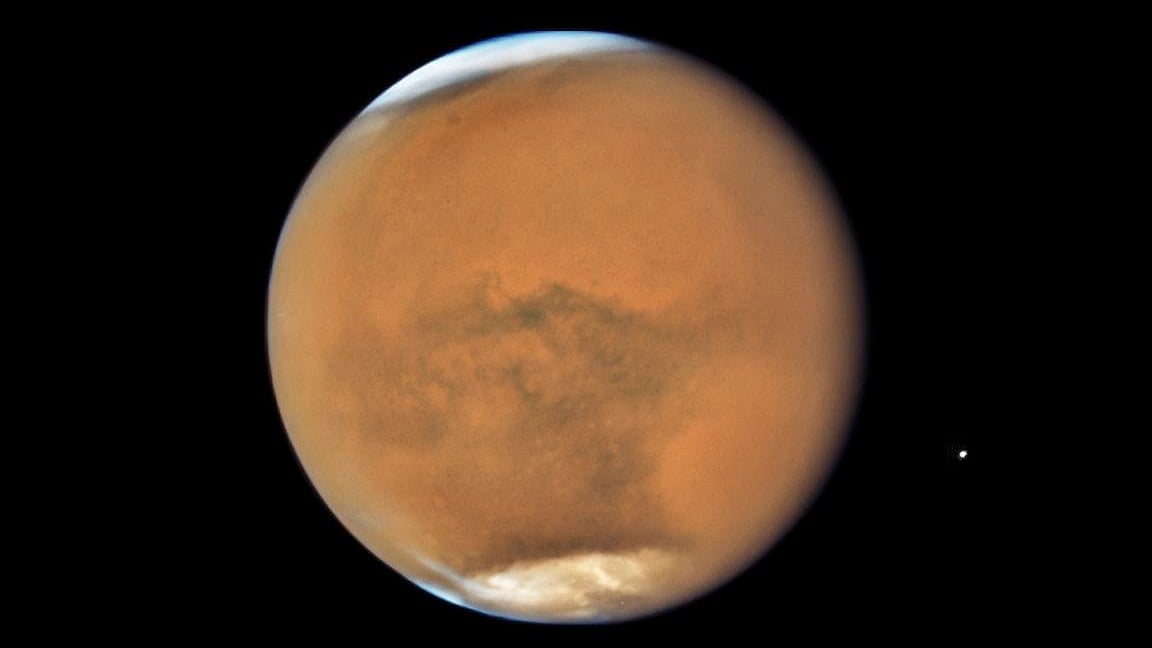On July 4, the Central Consumer Protection Authority (CCPA) issued guidelines to prevent unfair trade practices and contravention of consumer rights with regard to the imposition of service charge. As per the guidelines, hotels and restaurants cannot levy the service charge automatically or by default on food bills. According to CCPA guidelines, “No hotels or restaurants shall add service charge automatically or by default in the bill.”
In addition, the guidelines also mention that a consumer can lodge a complaint against the hotel and restaurant when they encounter such charges by dialling 1915. A complaint may also be sent to the CCPA by e-mail at com-ccpa@nic.in. Ever since the guidelines have been issued, consumers and owners have been divided over the same. While many have accepted the guidelines, some are yet to accept the change.

What is service charge
A service charge is for an additional service that a restaurant with an establishment provides. When you visit a restaurant they ask you to either dine-in or take-out. In a dine-in, there is an additional service charge because of the additional cost to the establishment. “Unfortunately, in India, consumers think a service charge is not legal or should not be levied. It is because the restaurant should be paid only for the dish,” says Amrut Mehta, director, Little Italy Group.
Challenging the ban
Days after the CCPA issued the guidelines, National Restaurant Association of India challenged the decision. Levying a service charge is not illegal, the Association said. It is a matter of restaurant policy and neither the government nor authority can interfere with the decision.

The tipping culture
While service charge is prohibited under the guidelines, the list also includes banning the tip culture. For years, Indians have been complaining about tipping at restaurants and hotels.
Amrut points out that tipping culture isn’t so prevalent in India. “In India, tipping culture doesn’t exist, so it’s even worse for people in this industry. If an establishment is displaying it clearly on their menu saying if you come here we have a service charge, it is right. Our philosophy has always been to provide a good service and experience so that a customer doesn't need to question the service charge and happily pays it. But respecting the government’s decision to give the service charge, we shall follow the same soon,” adds Amrut.

On the other hand, Venkatesan Thangaiah, owner of The Eating Story, is of the opinion that the new rule won’t cause much of an impact. “Service charge is mostly applied at premium restaurants as it helps them to offer good service to their customers. Many people are okay with paying the charge. The new rule won’t affect the eateries or hotels,” says Venkatesan.
He further adds that initially the tip was an encouragement for the staff but it has changed. “The staff members get their salary and they aren’t discouraged if not tipped. In fact, many places have a common tip box and they divide that money among the staff members,” he adds.
While owners may have found a way to function after the guidelines, consumers have their opinion too. “I think it’s both good and bad. It’s definitely not right to charge extra hidden charges to customers if their services are not up to the mark. If the place offers good services then we don't mind paying. I am okay paying service tax to five star and good service providers. Moreover, this shouldn’t affect the food prices they offer. Many restaurants may hike their food prices or hotels their stay prices, then it’s not going to help the consumer. For tip, it’s always voluntary by the customer. Nobody is forced to tip the server. However, we should learn to pay tip for the service; it’s being courteous,” shares Pawan Balwant, IT professional.
Service Charge versus Service Tax
Service tax is a government levied tax and is fixed in every Indian state at 14 per cent.
On the other hand, service charge is an extra cost charged by the restaurant, which varies restaurant to restaurant. It is a means to cover ‘tip’ cost, as a lot of customers in India may not tip. It is similar to paying delivery fees to food delivery apps or convenience fees to various service providers.
Service tax has been combined with GST after the Goods and Service Tax Act was passed in the Parliament on March 29, 2017. The service tax conforms to certain guidelines laid down by the government. Unlike this, the service charge is not bound by any guidelines from the government.












